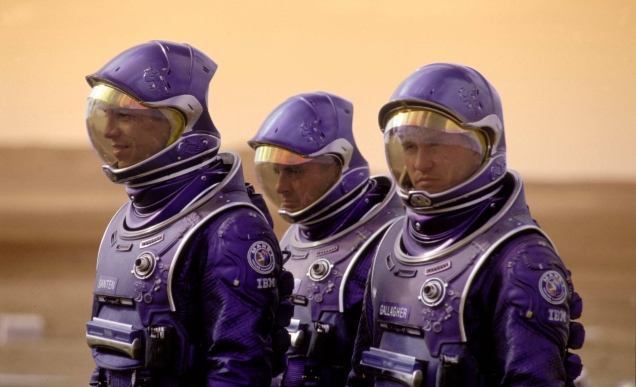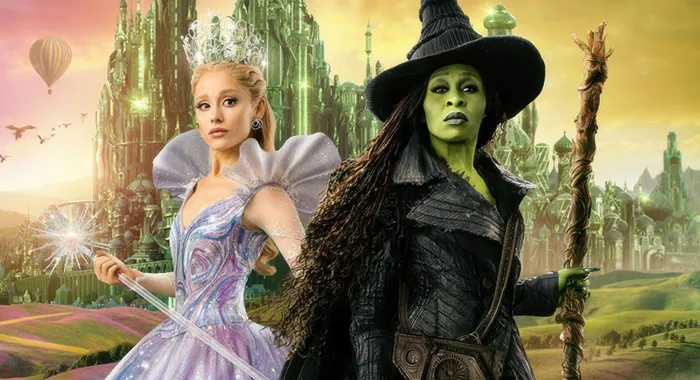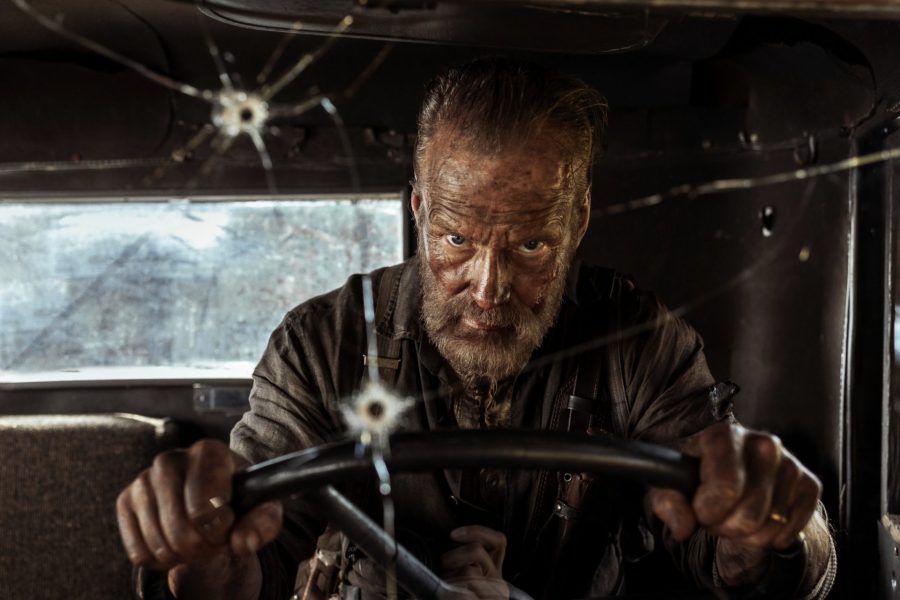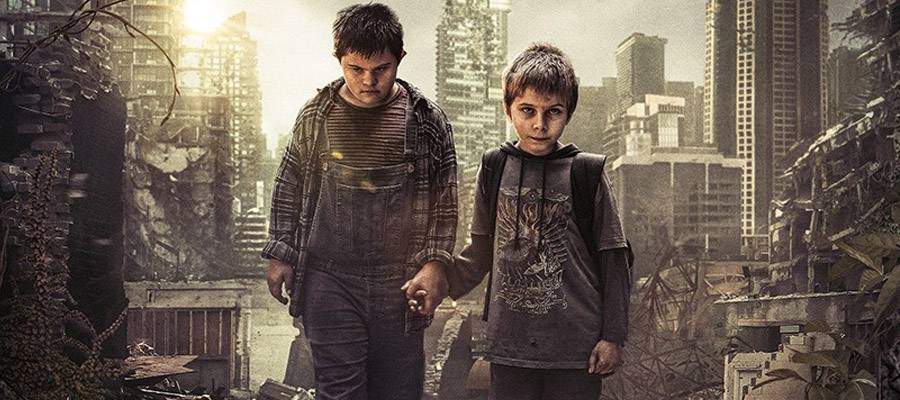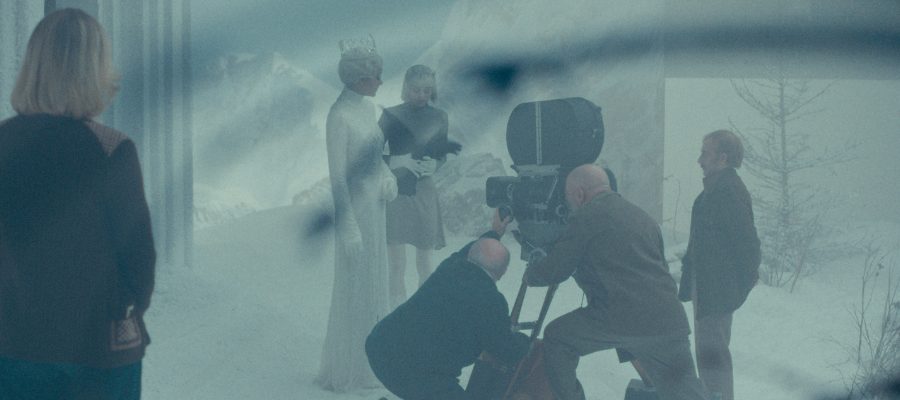They say that no man is an island, but Fuerteventura certainly is. The area's craggy peaks, windswept beaches and slick hotel resorts are put to effective use in director Jan-Ole Gerster's atmospheric Islands, a moody story of evil or, at the very least, discontent, under the sun.
Fuerte, as it's casually referred to in the film, acts as an unlikely but striking backdrop for a story of personal awakening, one that provides actor Sam Riley with his best role since his breakout as Ian Curtis in the terrific Control. That was back in 2007 – ever since then, Riley has been put to use in a lot of films that are unworthy of his talents.
Here, it's a pleasure to be reminded of his capacity for both inscrutability and deep-seated empathy. He portrays Tom, a tennis pro at a glitzy hotel who bifurcates his time between agreeable sports lessons during the day and drunken obliteration at night. The film's striking opening shot sees him waking up, completely disorientated and alone, amid Fuerte's remoter, desert-like reaches. One can practically taste the salt in the air and feel the Spanish heat on the back of the neck.
For Tom, wider purpose has become a blur. He was once a tennis star in the making and it's suggested that he once aced Rafael Nadal at the very same resort where he works. It's unclear exactly how long Tom has worked there – it's suggested that he's been foundering for the best part of a decade. His background remains enigmatic but his present state is clearly a one-way ticket to nowhere.
That all changes when he's approached by a well-to-do British family. Dad Dave (Jack Farthing) and his wife Anne (Stacy Martin) want Tom to hone their young son Anton's (Dylan Torrell) latent tennis skills.
Before long, Tom finds himself spending more time with the family, guiding them around the island and revealing the volcanic caves that stretch beneath the landscape. He also introduces the group to a local family of camel farmers, one of whose regular mammalian escapees drifts in and out of the narrative like a surrealistic totem. There are also frequent references to an earthquake on nearby Lanzarote, which is a none-too-subtle portent of things to come.
It soon becomes evident that all is not well in paradise: Dave is revealed to be a smarmy lech with a habit of talking over his wife and, at best, a distant relationship with his son. This draws Tom closer to Anne before tragedy strikes and at this point the film moves in a different direction.
We glide, almost imperceptibly, from slice of life drama to sun-baked noir mystery, one that has overtones of Patricia Highsmith's Euro-paranoia. One is perhaps reminded of the underrated Highsmith adaptation The Two Faces of January sans the period context.
Under the scorching Canary Islands sun, no secret is left unexposed, no skeleton left in the closet. Tom is forced to face his seemingly empty existence while Anne reveals a far colder side to her personality, one built atop the shaky foundations of a deeply unhappy marriage.
There's nothing especially revelatory about the narrative but Riley's outstanding, still-waters-run-deep performance keeps one riveted throughout. Tom's internal conflict is forever magnified by the rich hues of sunlight, further augmented by Juan C. Sarmiento Grisales's cinematography and particularly Dascha Dauenhauer's outstanding, jazz-inflected score with its overtones of Bernard Herrmann and Jerry Goldsmith.
The film takes its stylistic cue from the score's ironic sense of cool detachment, and many will no doubt be waiting for the script, an original effort between Gerster, Blaž Kutin and Lawrie Doran, to erupt in the manner of Fuerteventura's signature volcanoes.
Instead, everything is kept at a low simmer: it's implosive rather than explosive but highly impressive for all that.
Islands is in cinemas 12 September.



